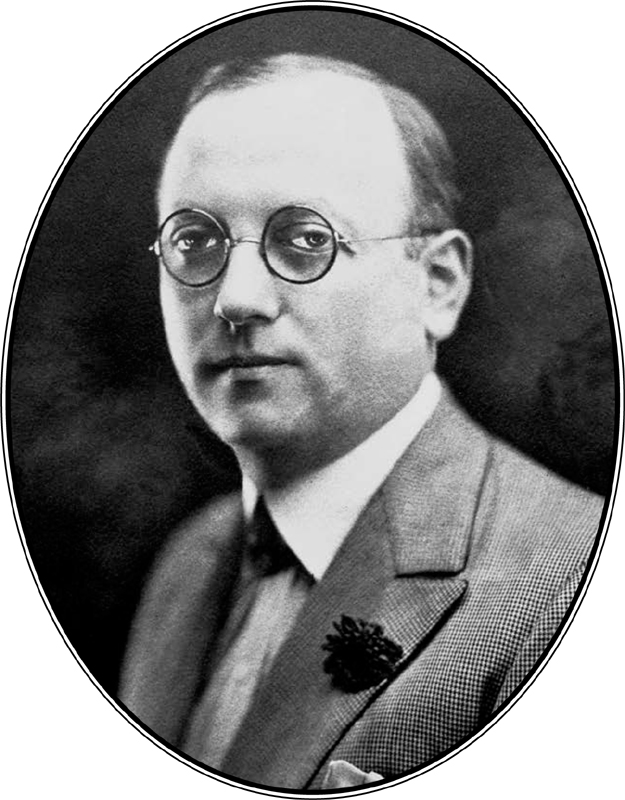
Leo Koretz.
EMPIRE
 OF
OF 
DECEPTION

The Incredible Story of a Master Swindler Who Seduced a City and Captivated the Nation
DEAN JOBB

Algonquin Books of Chapel Hill 2016
Published by
ALGONQUIN BOOKS OF CHAPEL HILL
Post Office Box 2225
Chapel Hill, North Carolina 27515-2225
a division of
WORKMAN PUBLISHING
225 Varick Street
New York, New York 10014
2015 by Dean Jobb. All rights reserved.
First paperback edition, Algonquin Books of Chapel Hill, January 2016. Originally published in hardcover by Algonquin Books of Chapel Hill in 2015.
Published in Canada by HarperCollins Canada.
Map, , by Michael Newhouse / Newhouse Design.
Photo credits: : author collection.
Library of Congress Cataloging-in-Publication Data is available.
E-book ISBN 978-1-61620-496-9
For Kerry
CONTENTS

THE PLAYERS

The Swindler
Leo Koretz, a millionaire Chicago lawyer and stock promoter, developer of Arkansas rice farms, and member of the Bayano Syndicate; also known as Lou Keyte, a wealthy New York writer and literary critic, and Al Bronson, a Chicago salesman
The Koretz Family
Mae Isabel, Leos wife, a former teacher
Mentor Henry, later known as Red Kearns, their son, and Mari Bertha, their daughter
Henry, an insurance agent, and Marie, Leos parents
Leos brothers Adolph and Ludwig, owners of paint and wallpaper stores; Julius, a salesman; Ferdinand, a buyer for a department store; and Emil, a partner in a real estate firm
The Investors
Francis Matthews, an attorney with the Chicago law firm Moran, Mayer, and Meyer
Henry A. Klein, a wealthy financier and former distillery operator
Charles Cohn, a partner in a Chicago insurance firm
Samuel Richman and Samuel Cohen, Chicago lawyers
Milton Mandel, Leos doctor, and his sister Sarah, a retired teacher
Felix A. Levy, Leos rabbi and the leader of Emanuel Congregation
Salo Auerbach, a Chicago theater owner, and his wife, Anna
Josephine Schroeder, the secretary at Leos law firm
Victor Polachek, an executive of the Hearst newspaper chain
Isaac Wilbraham, a retired railroad dining car steward
Alfred Lundborg, a Chicago tailor
The Investigators
Robert Crowe, Cook County states attorney, a former judge, and a powerful Republican politician in Chicago
John Sbarbaro, an assistant states attorney and part-time undertaker
Stanley Klarkowski and William McSwiggin, assistant states attorneys
Edwin Olson, U.S. district attorney, and assistant district attorney Harry Hamlin, Chicago
Lou Keytes Nova Scotia Circle
Laurie Mitchell, the overseer of Pinehurst Lodge, a sports fisherman, hunting guide, and close friend of the author Zane Grey
Thomas Raddall, a Liverpool bookkeeper, later one of Canadas leading authors of historical fiction
George Banks, editor of the Gold Hunter and Farmers Journal in Caledonia; his daughter, Mabelle Gene Banks, was rumored to be Lou Keytes fiance
Walter and Maurice Scott, employees of Pinehurst Lodge
Joseph Connolly, a Halifax lawyer
Francis Hiltz, a Halifax tailor
Act 1


The corner of State and Madison streets in Chicagos Loop, 1924.
OUR PONZI
THEY WERE DESCENDING on Chicagos newest hotel . The Oil King, some called him, with a mixture of reverence and gratitude. Others dubbed him the New Rockefeller, a nickname as grand and audacious as he was, one that celebrated his greatest financial triumph to date. Leo Koretz, the man of the hour, had thumbed his nose at John D. Rockefeller and his mighty Standard Oil Corporation and was making this select group of Chicagoans very, very rich.
The evening was billed, tongue in cheek, as a testimonial banquet tendered to Mr. Leo Koretz by the friends and relatives whom he has dragged from the gutter. It was June 22, 1922. The setting was the Drake Hotel, fourteen stories of limestone-clad Italianate grandeur on the northern edge of downtown Chicago, with its broad back to Lake Michigan and a view from the front rooms of Michigan Avenue, the citys skyscraper-studded main drag. The in the United States, proclaimed the embossed, leather-bound city guide found in each of its eight hundred rooms, whose reputation for elegance and quality may never be surpassed in this generation.
Seventeen tuxedo-clad former gutter dwellers filed through the Drakes brass revolving doors and ascended a flight of wide stairs. They crossed the lobbys marble-tiled floor, passed an oasis of potted palms, and entered a private dining room. Inside, the table was overflowing with fresh-cut flowers. One glance at the centerpiece confirmed that this was the place. In the midst of the flowers was a plaster model of a seaway carved through a wilderness of mountains and junglea replica of the Panama Canal Zone. O, we spread it on thick, recalled Charles Cohn, a partner in an insurance firm and a charter member of the Leo Koretz fan club. Expense was absolutely disregarded in getting up that dinner.
The sky was clear, and a stiff wind off the lake kept the air cooler than the guests were accustomed to on the second evening of summer. There was plenty of news to loosen tongues as they found their seats. Prohibition agents had raided a dozen illegal saloons on Chicagos South Side the night before, making Cohn and his companions wary of returning to their favorite speakeasy. The president of the University of Illinois was assuring parents his school was doing its part to rein in the rebellious youth of postwar America. And everyone had read the reports from the Illinois coal-mining town of Herrin, where a bloody clash between strikers and scabs had left twenty-three men dead. Shocking, the diners nodded in solemn agreement. Senseless. Perhaps it was best that King Coals days were numbered. Oil was the fuel of the future, and it was oil that had brought them together this evening.
Next page



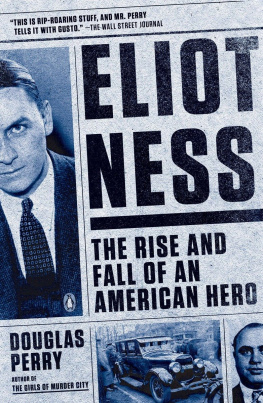
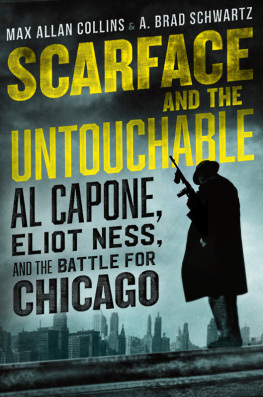
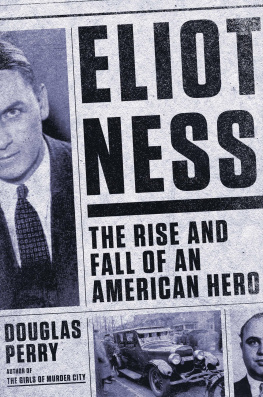
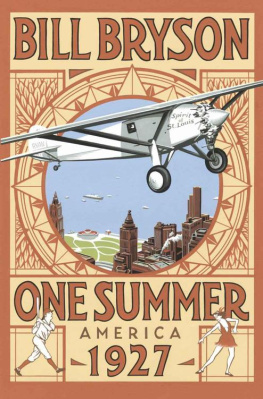

 OF
OF 


